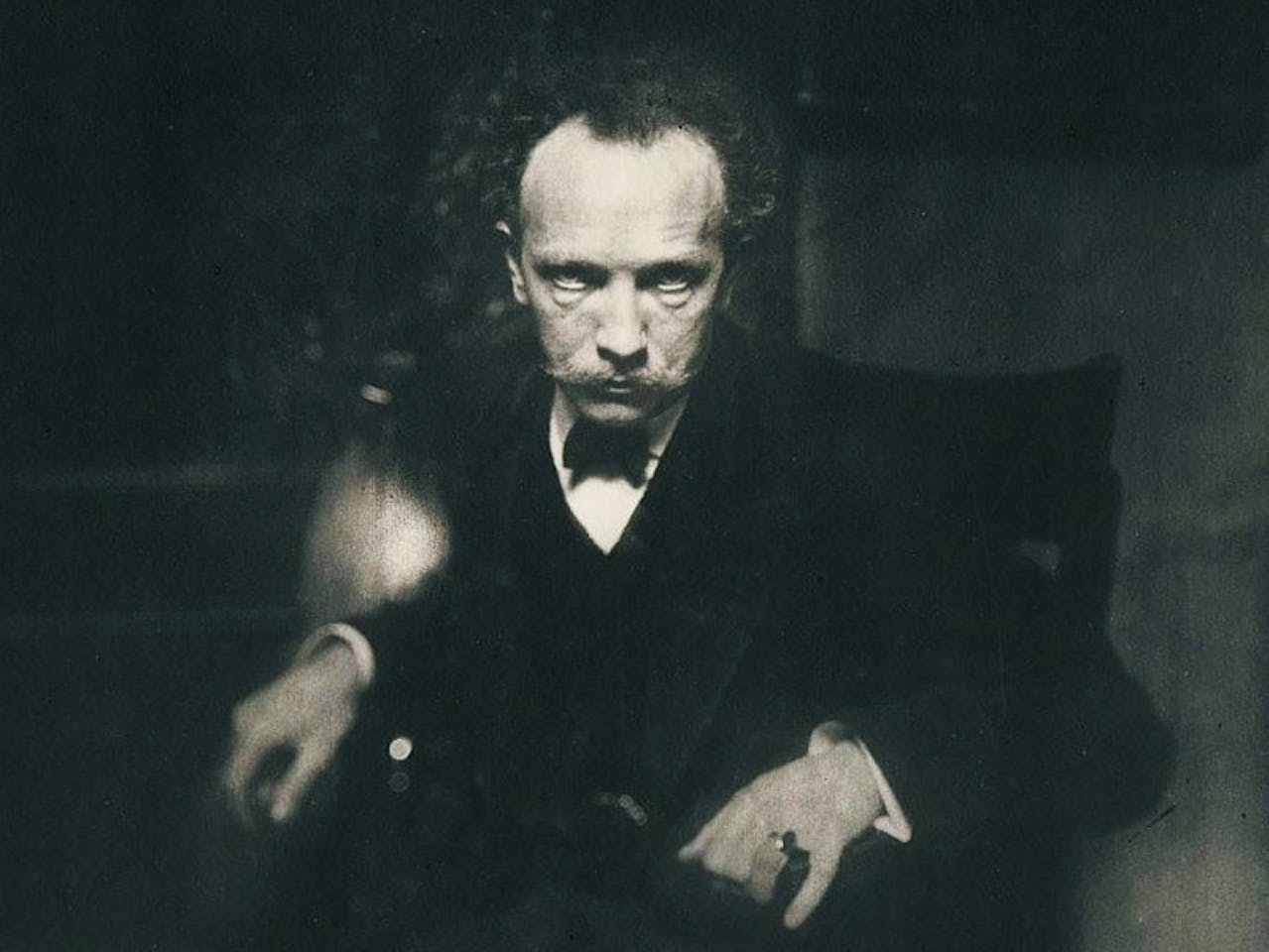Richard Strauss
Biography
Richard Strauss (1864–1949) was one of the most important composers of the 20th century. He is particularly famed for his writing for the soprano voice, his brilliant orchestration and his intricate operatic plots.
Strauss was born in Munich, where his father Franz was principal horn in the court orchestra. He began composition studies aged 11 and in 1883 became a protégé of the conductor Hans von Bülow, who encouraged him to study the music of Wagner. In 1887 he met the soprano Pauline de Ahna, who was to prove a major influence during his career. They married in 1894. He did not approach opera until he was nearly thirty (his early masterpieces included several orchestral tone poems such as Don Juan and many songs). His first two operas, Guntram (1893) and Feuersnot (1901), received lukewarm responses, but Salome (1905) was a tremendous succès de scandale. It was followed by the even more intense Elektra (1909), Strauss’s first collaboration with the writer Hugo von Hofmannsthal. Their partnership continued until Hofmannsthal’s death in 1929 and produced some of Strauss’s most successful operas, including Der Rosenkavalier (1911), Ariadne auf Naxos (1912, revised 1916), Die Frau ohne Schatten (1919) and Arabella (1933, Strauss completing the libretto after Hofmannsthal’s death). In the same period Strauss wrote the comic opera Intermezzo (1924) to his own text. He also remained active as a conductor. Strauss’s successful new collaboration with Stefan Zweig, with whom he wrote Die schweigsame Frau (1935), ended when Zweig left Austria after Hitler’s ascent to power. Strauss’s less happy collaboration with librettist and historian Joseph Gregor led to the operas Friedenstag (1938), Daphne (1937) and Die Liebe der Danae (1940, first public performance 1952). Strauss wrote his final opera, the exquisite Capriccio (1942), in collaboration with the conductor Clemens Krauss.
Deeply depressed by World War II, Strauss believed that his composing career had come to an end. In fact he enjoyed an Indian summer in the last years of his life, producing orchestral music and songs including Metamorphosen (1945), the Oboe Concerto (1945) and Vier letzte Lieder (1948).
Royal Opera House Covent Garden Foundation, a charitable company limited by guarantee incorporated in England and Wales (Company number 480523) Charity Registered (Number 211775)

